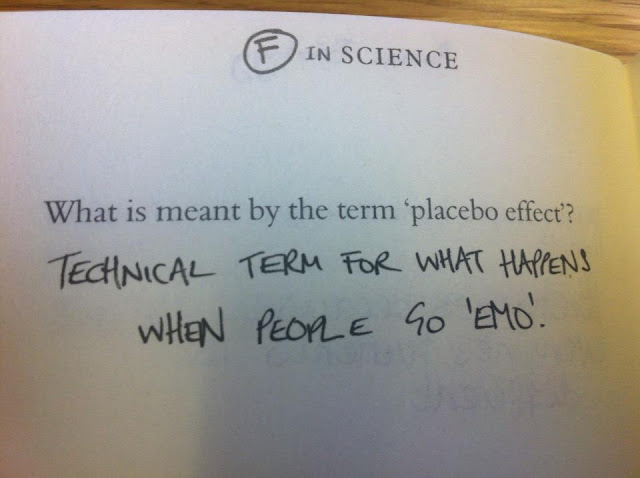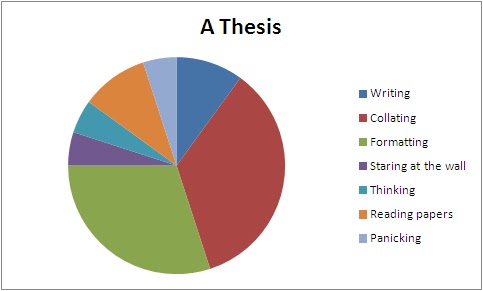Millie's Trust

This year two of my closest friends tragically lost their 9 month old daughter. My goddaughter. This is extremely difficult to talk about and it is often seen as a taboo subject. I know people read my blog page and I wanted to share something with you all, which I am hoping people will be able to help with. Millie was at nursery and choked on some food. There is an investigation on going to determine what happened. Millie and me My friends have been incredibly strong over the past few months, and have put together and started Millie's trust. A charity which will provide money for people to attend first aid courses with a focus on first aid for babies and toddlers. This Christmas would have been Millie's first, and it's going to be a difficult time for her parents, and everyone that had the pleasure of meeting Millie. Please help by supporting the charity. Like the facebook page, send them a message, share the page and donate what you would spend on a Christmas...







